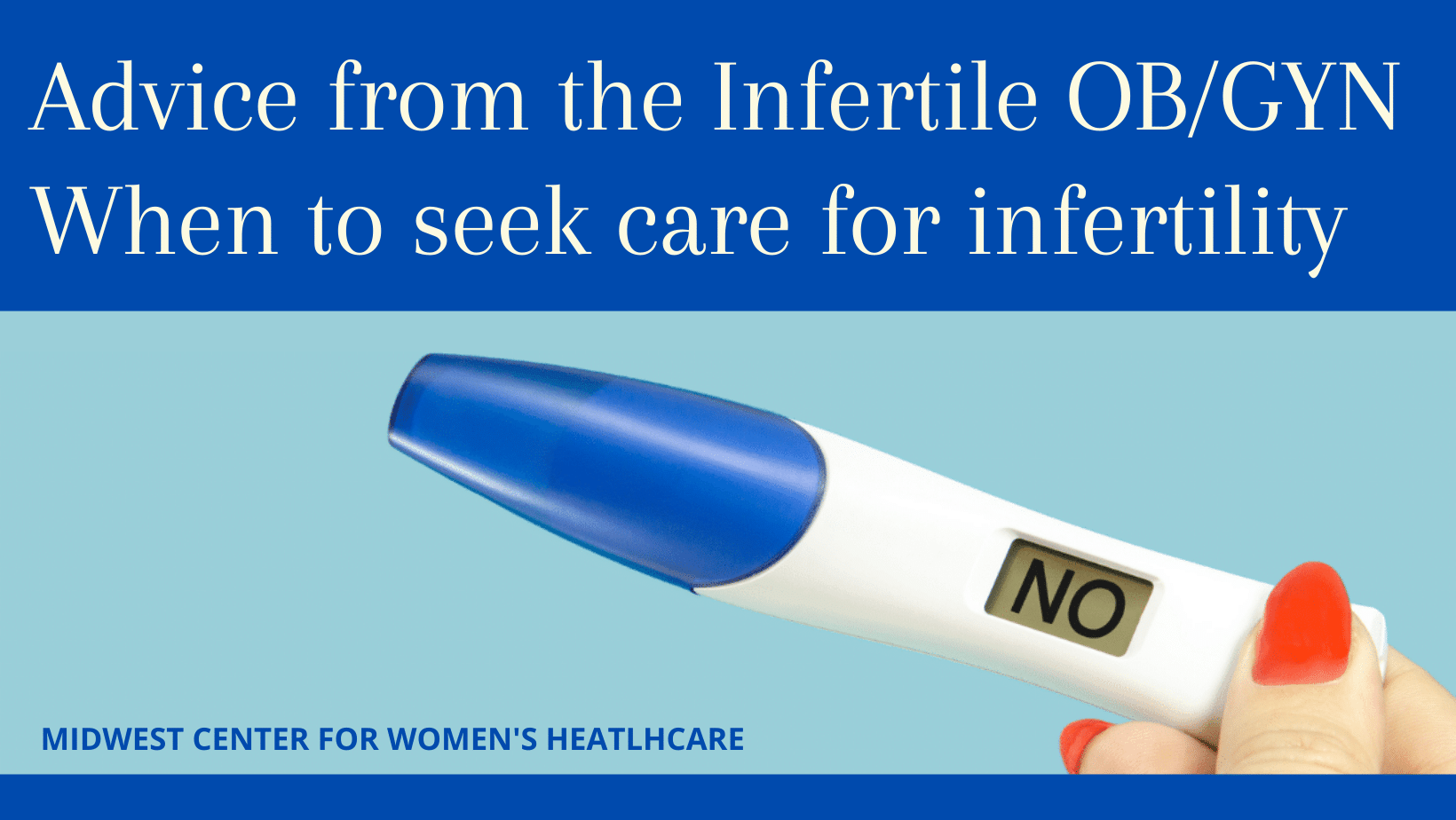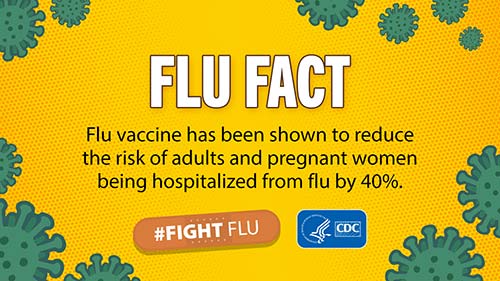Am I Too Old to Have a Baby? Pregnancy After 35
While pregnancy at 35 years and older does carry some additional risks, you CAN have a very safe, enjoyable, and healthy pregnancy. This article addresses the most commonly asked questions about risks and available screenings for pregnant women over 35.

It is certainly true that more and more women are waiting to have children. We have seen a trend in our own practices, but this is not something unique to the Chicagoland area. In general, this is a rising trend that has been observed over the last few decades and particularly in high income countries like the United States.
In fact, in the past 30 years there has been a 36% increase in first births among women ages 35-39. Why is this happening? Well, in many cases people are waiting to have children due to financial concerns and a desire to focus on career opportunities. Some of this increased ability to delay pregnancy is also made possible by improved fertility options.
Risks in Pregnancy over 35
Whatever the case may be, while many people know that there are increased risks associated with becoming pregnant and having babies after 35, often they are not clear on what these risks are. So frequently in the office I am asked, “Am I too old to have a baby?”
The truth is that there are some reported adverse pregnancy outcomes related to age and these include: miscarriage, stillbirth, pre-eclampsia, gestational hypertension, gestational diabetes, preterm birth, and small for gestational age, especially after 40 years of age.
What we all need to recognize, though, is that many of these poor outcomes are related to the fact that some of these women have existing health problems prior to conception including diabetes, hypertension, and morbid obesity (Body Mass Index > 40). In fact, they would be at risk for poor outcomes irrespective of their age.
So, a healthy 37-year-old is likely to have a lower-risk pregnancy in most cases compared to a 30-year-old with some of the mentioned health issues. That being said, patients with issues such as hypertension can absolutely have healthy pregnancies, especially if they work with a doctor to optimize pre-pregnancy health in anticipation of childbearing.
Whatever way we look at it, “Advanced Maternal Age” does remain an independent risk factor for certain issues. First, let’s clarify the meaning of the term Advanced Maternal Age (AMA). It is usually defined as a maternal age of 35 or older. The risk of pregnancy loss associated with AMA is well established. Some population studies have observed miscarriage rates up to 40% in women 35–44 years old and 60-65% in women over 45.
Why is this the case? In most cases this is related to Fetal Aneuploidy. Fetal aneuploidy is a condition where the fetus has one or more extra or missing chromosomes. This condition often results in a nonviable pregnancy (a miscarriage), offspring that may not survive after birth, or a surviving baby with congenital birth defects and functional problems. We need to acknowledge that while with age the risk of aneuploidy increases, these risks remain low. We have both diagnostic and screening tests available in early pregnancy to identify the most common aneuploidies.
Screening Tests for Pregnant Women 35 and over
Tests for fetal aneuploidy can be invasive or non-invasive. Invasive tests include Chorionic Villus Sampling (CVS) and Amniocentesis. Non-invasive tests are simple blood tests of the mother for certain markers with or without an ultrasound examination. From the blood sample, DNA from the mother and fetus is extracted and screened for an increased chance of specific chromosome problems, such as Down syndrome, trisomy 13 and trisomy 18. This non-invasive screening test will require a follow up if positive. Your doctor will help you to interpret the results.
Currently in women 35 and over, non-invasive prenatal screening is becoming the preferred form of testing. Patients prefer it as it is a simple blood draw to measure cell free DNA. It avoids the risks of invasive testing. Also, it is very likely to detect a problem like Down Syndrome if it is present and unlikely to give a false positive result.
Because of the increased risk of fetal anomalies in older women, a detailed second trimester ultrasound may be recommended by your doctor. In our practice, we have this done by a Maternal Fetal Medicine Specialist with whom we collaborate regularly.
Advanced maternal age also remains an independent risk factor for stillbirth. In a 2006 study Maternal Age and the Risk of Stillbirth throughout Pregnancy in the United States, Dr. Uma Reddy found that the risk of stillbirth was 4-6/1000 for women under 35, 7/1000 for women 35-39, and 11/1000 for women at age 40. It is very important for women pregnant over 35 to work closely with their physician, especially toward the end of the pregnancy, to monitor their health regularly. While in over the half the cases of stillbirth there is still no clear understanding of the cause, drug and alcohol abuse as well as smoking are risk factors that you can control. Speak with your doctor if you are struggling with these issues during pregnancy.
Points to Remember
Again, it is important to understand that while pregnancy at 35 years and older does carry some additional risks, you CAN have a very safe, enjoyable, and healthy pregnancy. What is most important is that you seek care during the first trimester so that screening options are available to you and so that your doctor can tailor care to your specific health needs. In addition, if you have underlying medical problems, it is important to seek the advice of your obstetrician/gynecologist before pregnancy, so that we can help you optimize your health and ability to achieve a healthy pregnancy.
At Midwest Center for Women’s HealthCare, we have a lot of experience taking care of pregnant women 35 years and older. We are excited to help you have a healthy pregnancy at any age. We would love to serve as your healthcare partner during your pregnancy journey. Come in and see one of our doctors today.
References
- NIPT/Cell Free DNA Screening Predictive Value Calculator from the Perinatal Quality Foundation. www.perinatalquality.org/vendors/nsgc/nipt/ (Retrieved July 21, 2017).
- Gil MM, Quezada MS, Revello R, et al. Analysis of cell-free DNA in maternal blood in screening for fetal aneuploidies: updated meta-analysis. Ultrasound Obstet Gynecol 2015; 45:249.
About The Author
CHRISTINE ESTES, M.D., F.A.C.O.G.
Christine Estes, M.D., F.A.C.O.G. is a Board Certified OB-GYN since 2001 and a Fellow of the American College of Obstetricians and Gynecologists. She is affiliated with Advocate Sherman Hospital in Elgin and sees patients in her Algonquin, Elgin, and South Elgin offices. Due to her expertise, Dr. Estes is often sought out by women over 35 planning a pregnancy.
Dr. Estes is a graduate of Georgetown University School of Medicine in Washington, D.C. and received her undergraduate degree in Biology from the University of Notre Dame. She completed her residency in Obstetrics and Gynecology at St. Luke’s Medical Center in Chicago. She is also a certified daVinci Robotic surgeon and fluent in medical Spanish.
While raising triplets, Dr. Estes has finished 10 marathons and countless half marathons and takes piano weekly. She is passionate about empowering her patients to live their best lives and to understand how to take care of themselves, both physically and emotionally, as they walk through the different stages of life.
Dr. Estes is currently accepting new patients by calling 847-741-7990. Learn more about Dr. Estes here.




